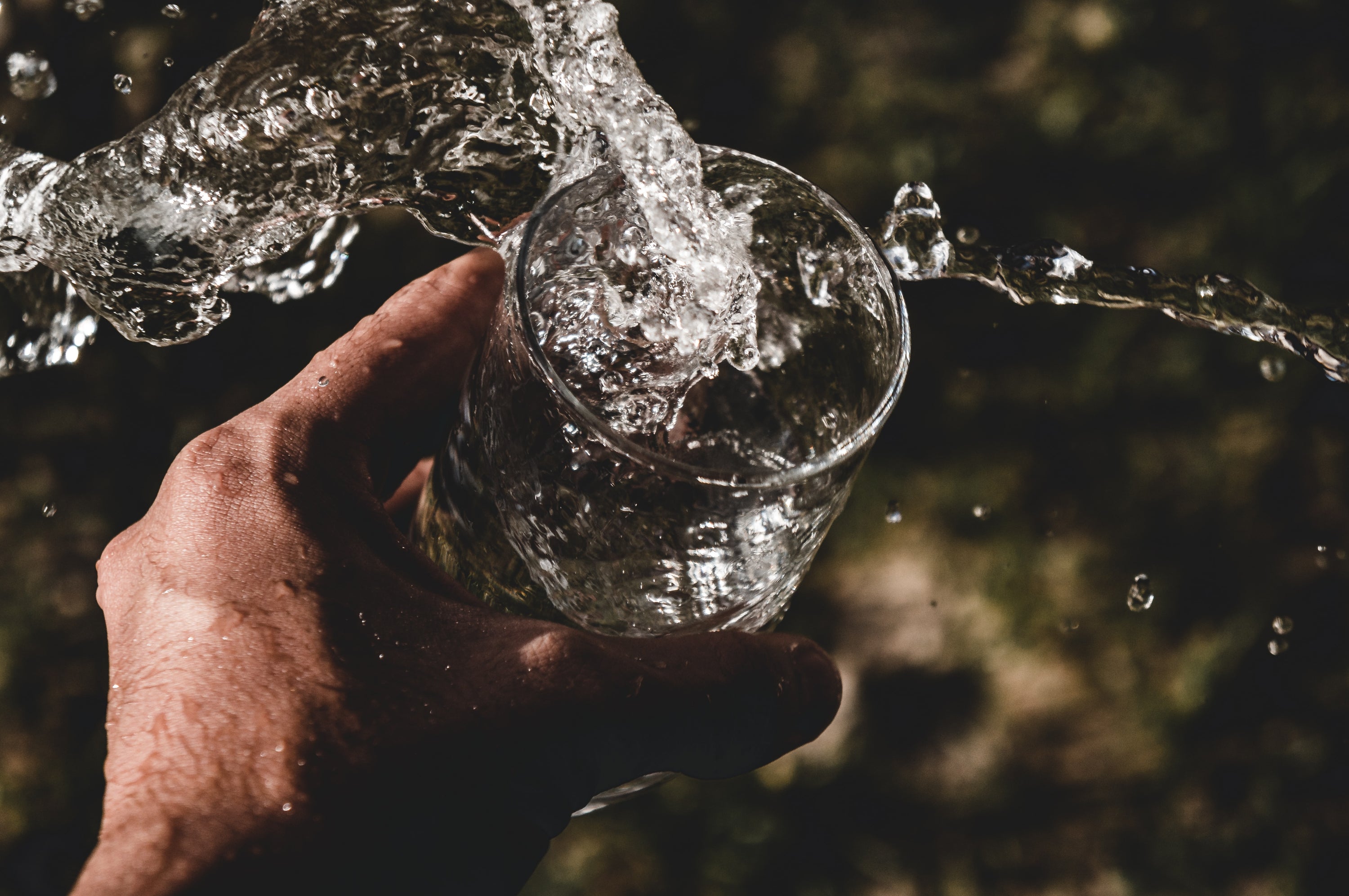If you keep track of your weight, you may notice that you fluctuate between a few pounds a day, regardless of your personal habits. First, you should know that the experience is completely normal, and that the weight you see constantly disappearing and returning could be: water weight.

Photo by manu schwendener on Unsplash
What is water weight?
Your body needs water (and a lot of it) to function: in fact, 50 to 70 percent of your entire body weight is water. Staying hydrated is essential for many body functions, including maintaining body temperature, cushioning joints, and getting rid of waste through sweat, urine, and feces.
Depending on your food and fluid intake, this amount may vary from person to person. It's one of the first things you lose, weight loss with changes in muscle, fat, and moisture. Water weight is the extra water stored naturally in the body along with certain nutrients, for example, carbohydrates when stored as glycogen, and salt (sodium).
What makes water heavy?
Increased salt intake

Photo by Emmy Smith on Unsplash
Eating too much salt can lead to water weight because your body retains water to dilute excess sodium in a high-salt diet. To avoid diet-related water gain, experts recommend a diet consisting mainly of healthy whole foods, including fresh fruits and vegetables.
Lack of physical activity

Photo by Gabin Vallet on Unsplash
Keep exercising to maintain water weight. If you happen to work in an office and spend most of your time sitting, try walking every 30 to 45 minutes.
Hormonal change
A 2015 study found that 92 percent of women experience water retention in the week before their period begins. This is actually quite common, as it can be caused by hormonal fluctuations that prepare your body for your period.
How does it affect weight loss?
As we mentioned earlier, the weight of the water may be one reason the scale keeps moving up and down. Therefore, it is important for those aiming to lose weight to be able to distinguish the difference between water weight and fat weight.
We can get ourselves a BodyPedia Smart Scale to help us. BodyPedia Smart Scale has been proved to be the first accurate smart scale for body compositions. It can help us target improvement areas, develop effective training, adjust diet, set attainable goals and track changes of body composition over time for success.
How to manage water weight?
Stay hydrated:Also, make sure you're drinking at least half your body weight. When you're well hydrated, you're less likely to maintain water weight.
Drink diuretic fluids:You can also try diuretic liquids, such as cranberry juice and tea, to flush excess water out of your body.
Exercise:Exercise is important to your health. Keeping your body active helps your overall circulation and blood flow. Sweating can reduce excess water.
Get enough sleep:When you're stressed and sleep deprived, your body releases cortisol, which can actually negatively affect your body's ability to balance vasopressin, which can cause water retention.
Bottom Line
The weight of water can be annoying because no one likes to feel bloated, but fortunately, it's a short-term problem. The weight of water fluctuates from day to day. That's why it's better to weigh yourself weekly than daily. Long-term changes in body weight can lead to changes in lean muscle or fat, which is exactly what you want. Finally, not drinking water won't help you lose weight -- it's just the opposite.


